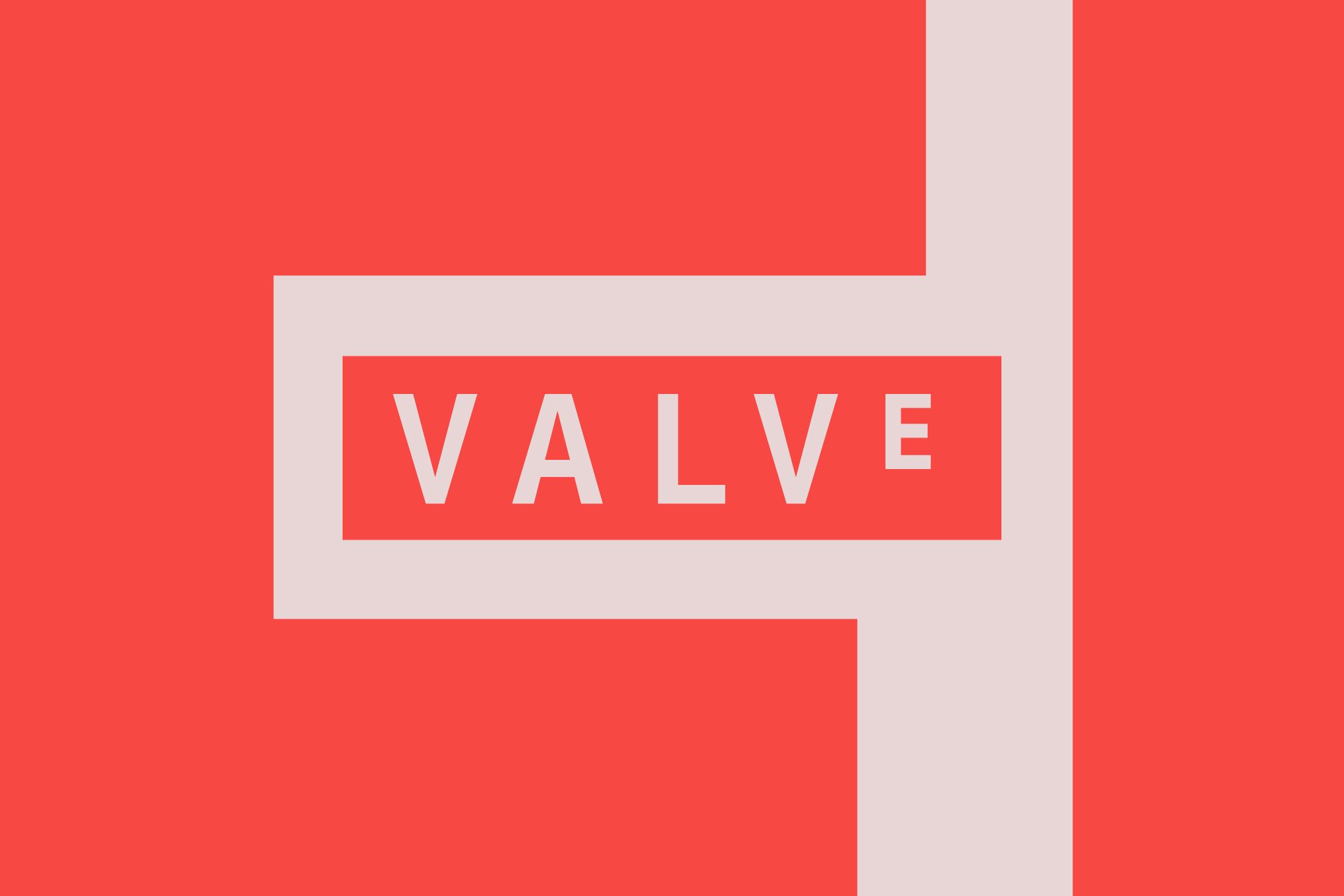Valve just opened a massive new frontier for Steam. The company's surprise Steam Frame VR headset doesn't just stream PC games - it's the first Valve device designed to run Android apps natively on Steam's platform. With native ARM processing and direct APK support, this could reshape how we think about mobile gaming on desktop platforms.
The gaming industry just witnessed a seismic shift that almost nobody saw coming. Valve quietly dropped a bombshell alongside their Steam Frame VR headset announcement - the device will natively support Android applications through Steam's platform, marking the company's first major expansion into mobile gaming territory.
"From the user's perspective, our preference is that they don't even have to think about it, they just have their titles on Steam, they download them and hit play," Valve engineer Jeremy Selan told The Verge in an exclusive interview. The statement reveals how seamlessly Valve wants to integrate mobile experiences into their desktop-dominant ecosystem.
The technical implementation is surprisingly elegant. Steam Frame runs on Qualcomm's Snapdragon ARM processor, allowing developers to use the exact same Android APK files they've already created for phones and VR headsets like Meta's Quest series. No porting required, no additional development cycles - just direct compatibility with Steam's marketplace.
This isn't just about convenience for developers. Valve appears to be specifically targeting the lucrative VR gaming market that Meta has largely dominated. "They're really VR developers who want to publish their VR content, and they're porting a mobile VR title where they're already familiar with how to make those APKs," Selan explained, revealing Valve's strategic focus on poaching established VR talent.
The performance implications could be game-changing. Unlike traditional emulation or compatibility layers that slow down mobile apps on desktop systems, the Steam Frame's ARM-native architecture means Android code runs without translation overhead. "The code is running natively," Selan emphasized, suggesting performance levels that could match or exceed what developers see on dedicated mobile hardware.
But Valve's ambitions clearly extend beyond VR gaming. When pressed about broader Android app support, including productivity tools like Discord or creative software, Valve's Lawrence Yang remained diplomatically open. "We've never disinvited people from doing that," Yang noted, pointing to existing non-gaming software like Blender already available on Steam.
